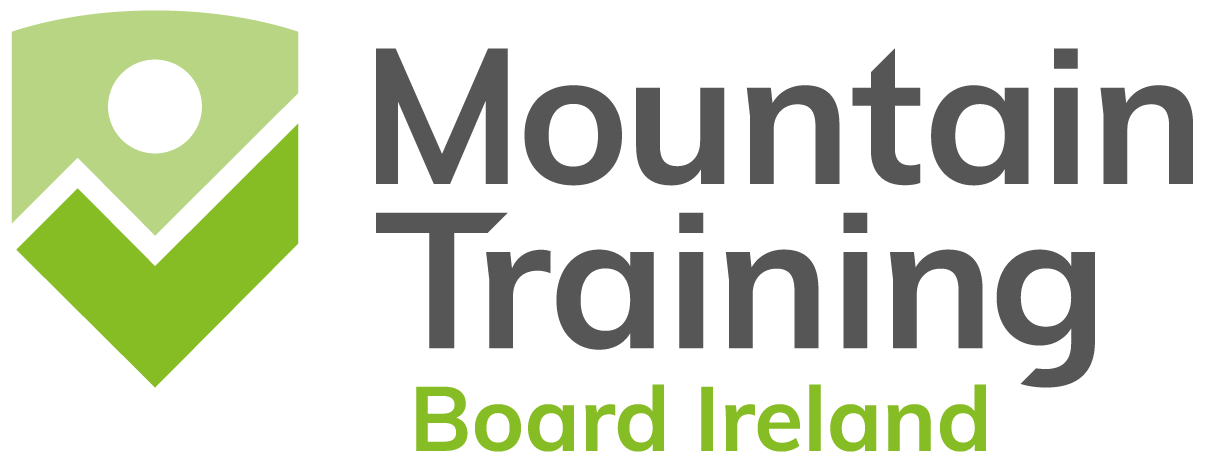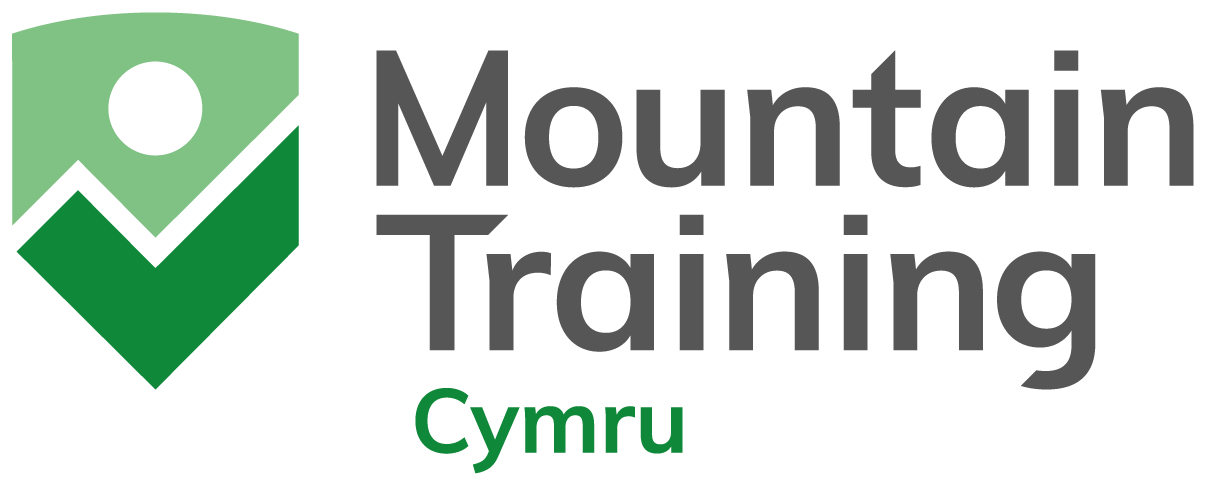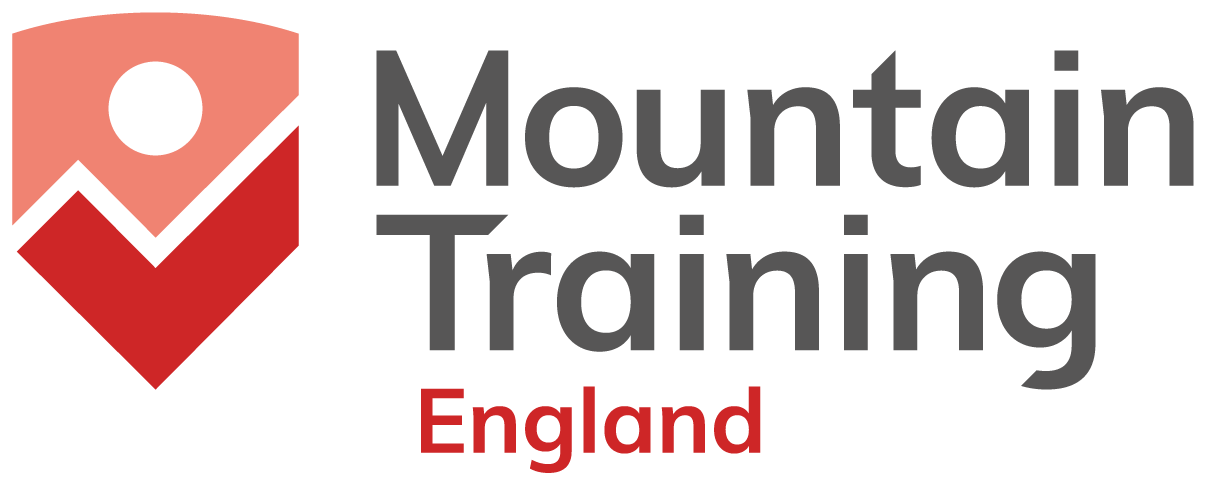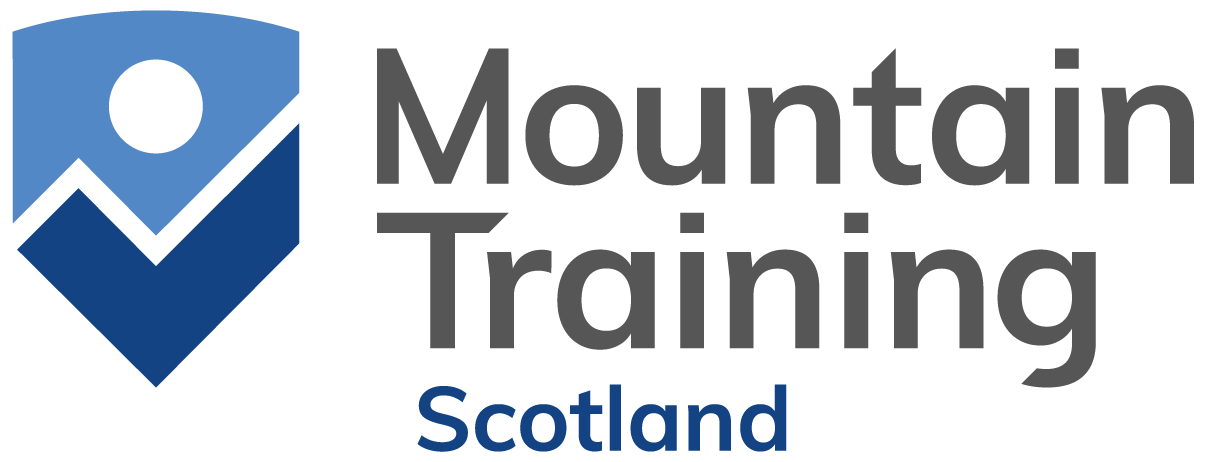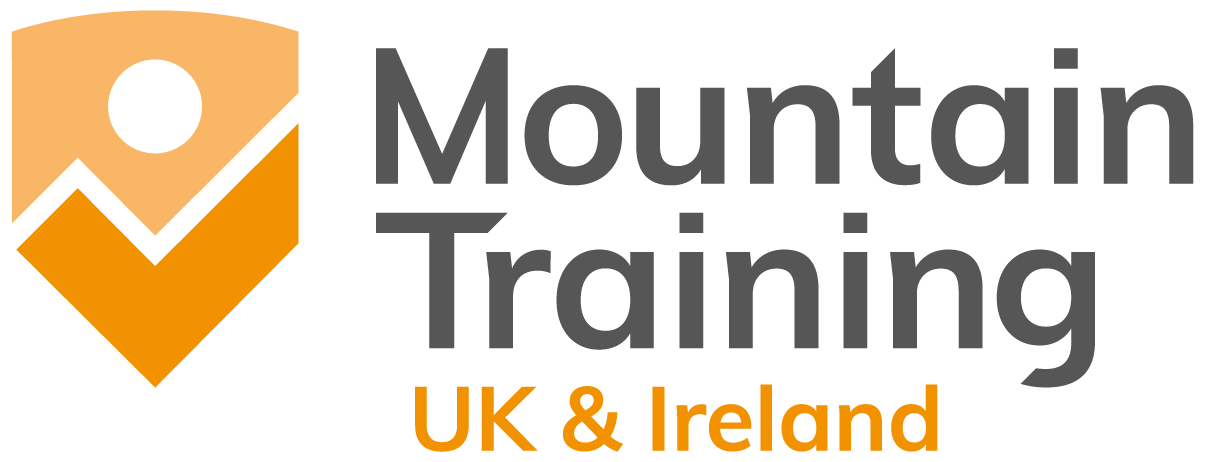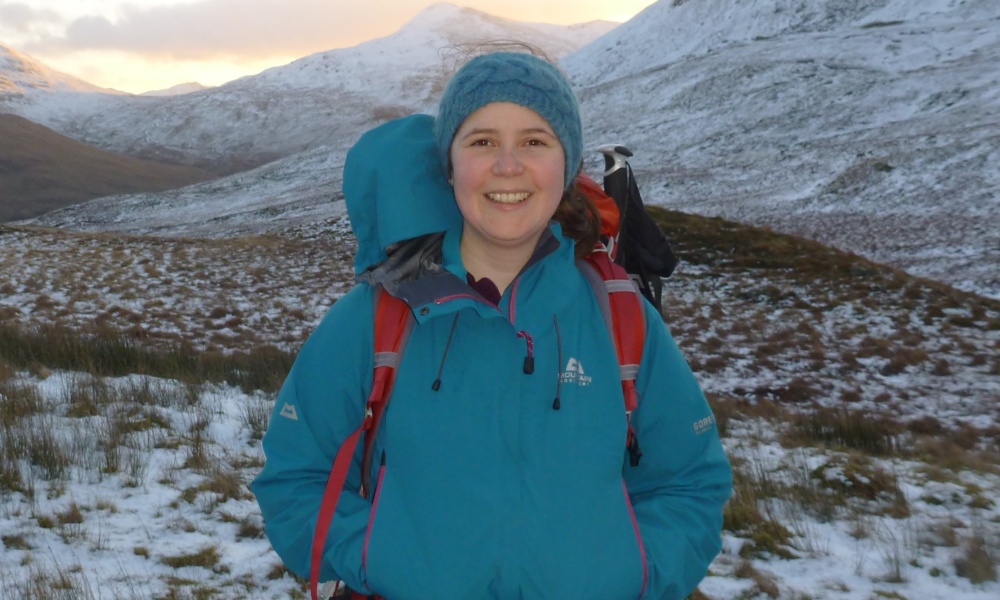
What do you do for work?
I run my own business, Reach the Peak, where I combine my two passions of life coaching and leading in the mountains. Essentially, I take people into the great outdoors, into nature and help them discover what they really want to do with their life. I find that being in nature helps to provide my clients with a different perspective and reconnect with what is really important to them. In addition to this, I am also a freelance Mountain Leader, I do some DofE work and I lead for World Challenge, where I have been to Peru, Swaziland, Ethiopia and this year, I'm going to Sri Lanka. With my recent Winter Mountain Leader qualification, I have also been signed up to lead some treks to the Arctic Circle next year - very exciting!
Have you always worked in the outdoor industry?
No, I used to work in human resources for a bank! While I did lead the very occasional team-building day in the outdoors, overall, I found it very stressful and not a nice environment to work in. So I quit my job in 2014 to run my own business. Interestingly, I always used to say that I didn't want to do my hobby as a job, as I didn't want to ruin my enjoyment of my hobby. However, after a period of ill health and feeling very unhappy at work, I noticed that whenever I was in the mountains, I felt magically better, so it made complete sense to get more of that in my life by doing it as a job, and also to help other people experience the many benefits of being in the mountains.
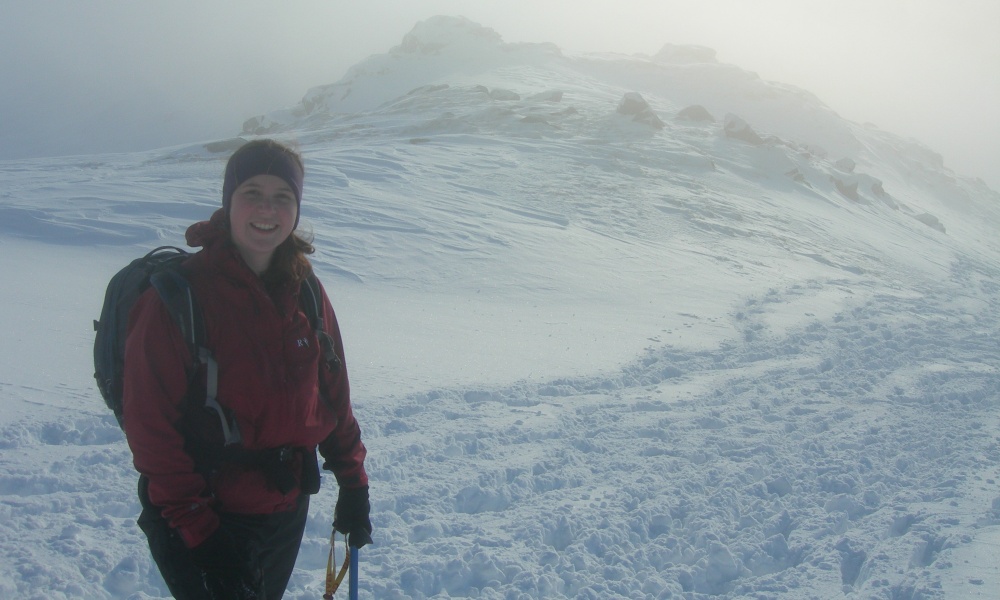
What’s your earliest memory of exploring ‘the outdoors’? Was there a specific person who introduced you to it?
My dad claims the credit, despite only ever climbing one mountain (he's an armchair mountaineer) - however, he did encourage me to go on a Hertfordshire Scout mountaineering course based in Lochearnhead in Scotland at the age of 12 and a half. I remember finding it quite hard, as I was the youngest trainee and it was a particularly wintery Easter, however, I must have enjoyed it enough, as I kept coming back, worked my way through their introduction, intermediate and advanced courses, then on to being an assistant leader, leader, and then last year, I was the Chief Mountaineering Instructor for the course, looking after about 40 trainees and 16 leaders. I am very grateful to the Scouts for all the skills they taught me, and for giving me my passion in life.
When did you start doing Mountain Training qualifications and why?
I did my Mountain Leader training in 2009, and the assessment in 2011. This really came about as a matter of personal pride and learning, and I actually found the assessment fairly easy, probably due to my very thorough training through the Scouts and over 365 logbook days. I never really expected to do it as a job, so I guess you never know where life takes you! For my Winter ML training, it was again a matter of personal learning and I remember leaving the training saying that I'd never ever do my assessment. However, on one of the Scout mountaineering courses, one of the other leaders made a slightly sexist remark about me and my capabilities (unintentional I'm sure) and something in me snapped, and made me determined to prove him wrong (and prove to myself that I could do it!) So I signed up for an assessment that was just 3 weeks away and I'm pleased to say I passed with flying colours. Stereotypical as it may be, I think women often underestimate their capabilities and lack confidence, this was certainly true for me - it just goes to show we CAN do it!
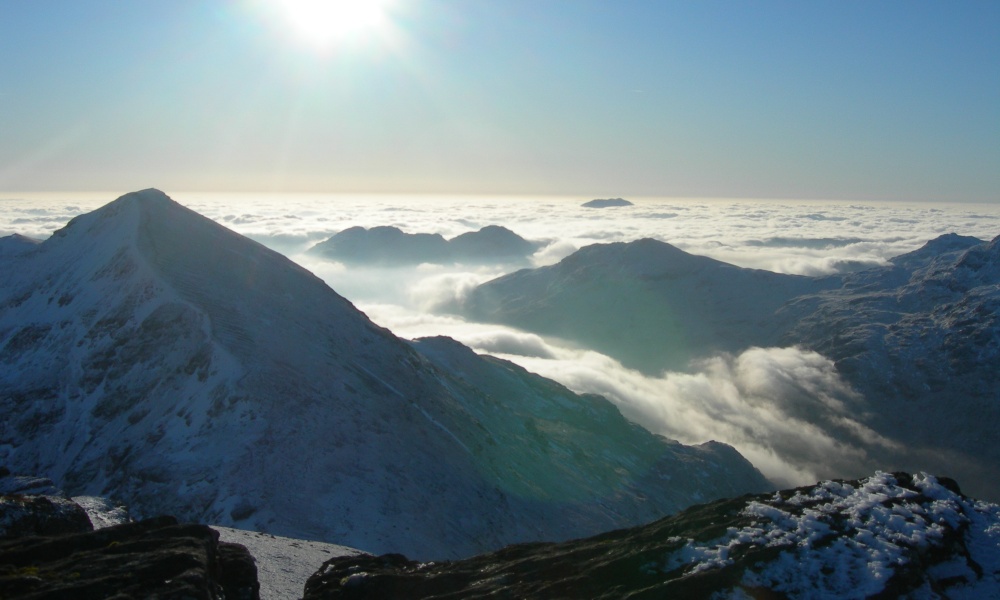
What did you find most challenging and most enjoyable about working through the qualifications?
The most challenging thing for me was confidence. The night before each of my assessments, I was a bundle of nerves. However, once the assessment got underway, the assessors were very good at putting everyone at ease and I really enjoyed being able to show off my depth and breadth of knowledge. There's something satisfying about surviving a whole day navigating through a complete white-out (okay, so it may be Type 2 Fun - i.e. not fun at the time, but looking back, it was great!). For my Winter ML in particular, it was also great to meet other outdoor instructors and build my network of contacts in the industry, which will be really helpful in finding work in the upcoming season.
Many people think winter qualifications are all about suffering, what are your top tips for avoiding suffering in winter?
- Make sure you have the right kit. This will transform a miserable, wet day into a cosy warm day. Essential kit for winter: good boots, waterproof gloves, a good hood and a pair of goggles. Snug as a bug in a rug.
- Practice your navigation, in both good weather (so you know you are doing it right) and bad conditions. Then, when you really need it, or when you're being assessed, you'll be slick and confident. Lack of this certainly seemed to be the main point of suffering for other candidates on my assessment!
- It's never as bad as you think it's going to be. I slept in a snow hole for the first time on my assessment (it was thawing, unsafe conditions on my training) and I must admit - I was dreading it. Actually, it was far more comfortable and sociable than being in a tent - you could sit and stand up, we had ledges built in to keep out kit tidy, and with candles and some battery-powered fairly lights, it was lovely!
- Know when to quit. Sometimes, its ok to turn back, or to stay in bed, do a low level walk or support the local economy with a pub lunch. When the weather forecast says 90mph winds, persistent rain/hail and low cloud all day, you don't HAVE to go out. That said, some of my best and most memorable days have come in those conditions.
So yes, there can be some suffering in the winter, but those days are outweighed by the spectacular days, when you can sit on a snowy summit in the sunshine, with a temperature inversion making the cloud settle in the valley and you can see snowy peaks for miles. Those days make it all worthwhile.
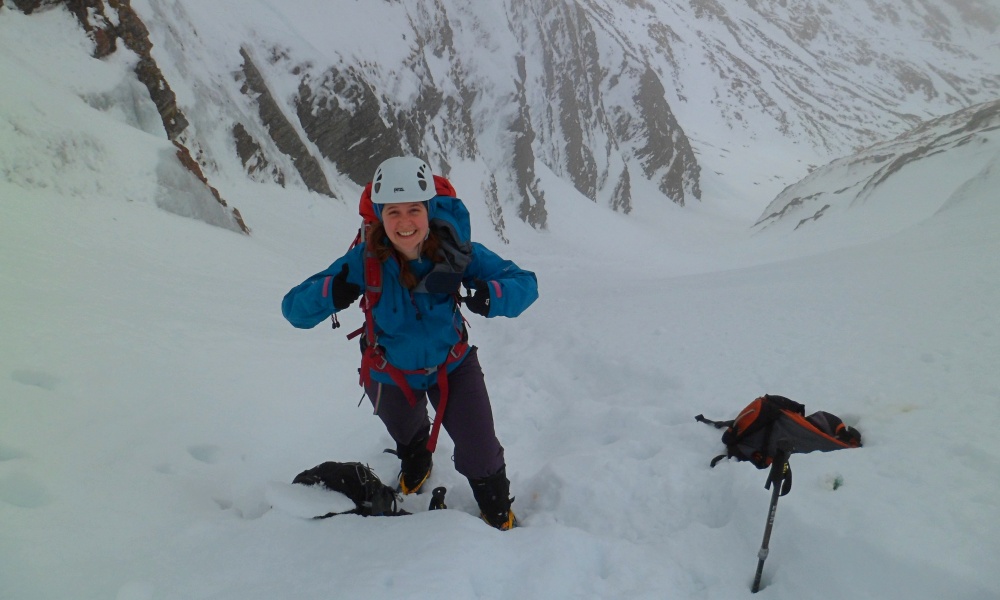
What’s the best thing about being out in the mountains?
The freedom. That sense of leaving all your worries behind you, being carefree. And the views. And I've met most of my closest friends (and my partner) on mountaineering trips - being in the mountains seems to bond people together like nothing else.
What are your leadership plans for the future?
At the moment, I'm focussing on building my own business and doing more freelance work. I would also like to work towards being able to teach the next generation of Mountain Leaders through the Mountain Training schemes.
What do you find useful about being a member of the Mountain Training Association?
It's great to be part of a community. And on a practical level, it's good to get discounted freelance insurance.
